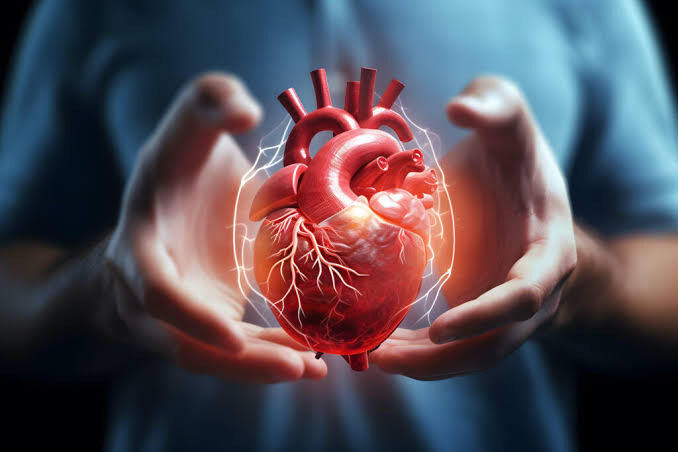Why India’s young are dying of sudden cardiac arrests

Hyderabad: World Heart Day each year is a reminder to pay attention not only to cholesterol, blood pressure, and diet, but also to the less visible forces that shape cardiovascular health.
Among these, emotional stress and poor mental well-being are increasingly recognized as silent contributors to heart disease. Doctors say the way we respond to stress, grief, anxiety, or prolonged workplace strain can affect the body as much as smoking or an unhealthy diet.
The Overlooked Connection
Cardiologists and psychologists point out that mental health and heart health are closely linked. Stress activates hormones like adrenaline and cortisol, which raise heart rate and blood pressure. While the body is equipped to handle short bursts of stress, constant exposure can damage blood vessels, increase inflammation, and raise the risk of heart disease.
Dr. Shashi Kumar, a Hyderabad-based cardiologist speaking to NewsMeter, explains: “We now know that repeated psychological stress can leave biological scars on the cardiovascular system. Patients often come to us with chest pain, but their tests show no blockages. In many such cases, the underlying trigger is mental stress.”
Why Young Adults Are at Risk
Traditionally, heart disease was seen as an ailment of older people. But recent cases of sudden cardiac arrests among those in their 20s and 30s have alarmed doctors. Many of these patients do not have classic risk factors like high cholesterol. Instead, the triggers are long working hours, lack of sleep, social isolation, and in some cases, intense gym workouts without adequate recovery.
Psychologist Dr. Deepika Rao adds: “We are seeing more young professionals in their late 20s reporting panic attacks, sleep loss, and burnout. These conditions, if left unchecked, put strain on the heart both directly through stress hormones and indirectly through unhealthy coping habits like smoking or binge eating.”
The Biology of Stress on the Heart
When the body perceives stress, it goes into “fight or flight” mode. Over time, this repeated activation leads to:
• Higher resting heart rate and blood pressure
• Constricted blood vessels that reduce oxygen flow to the heart
• Inflammation and clotting tendencies, which increase the risk of heart attacks
• Weakened heart muscle in extreme cases, seen in stress-induced cardiomyopathy or “broken-heart syndrome”
Dr. Kumar notes: “Takotsubo, or broken-heart syndrome, is a striking example. A sudden emotional shock, like bereavement, can mimic a heart attack. Most people recover, but it shows us just how powerful emotions are on cardiac health.”
Behavioural Pathways
Stress doesn’t just act biologically. It changes behaviour. People under chronic stress are more likely to:
• Skip exercise or meals
• Eat high-salt or high-sugar foods
• Smoke or drink alcohol excessively
• Ignore medical advice or miss follow-ups
“These behaviours are what tie mental health to physical health in day-to-day life,” says Dr. Rao. “A patient with depression after a heart attack may neglect medicines, which raises the chance of another event.”
What Can Be Done
Experts recommend addressing mental well-being as part of routine heart care. This means:
1. Screening for stress and depression in cardiac patients
2. Referrals to psychologists or counsellors during recovery from a heart attack
3. Inclusion of stress-management modules in cardiac rehabilitation programmes
4. Encouraging support groups so patients don’t feel isolated
Simple lifestyle changes also help: mindfulness practices, regular sleep, staying socially connected, and daily physical activity.
Dr. Kumar stresses: “A five-minute conversation in the clinic about stress can sometimes be as important as prescribing a pill. Patients feel heard, and that itself reduces the load on the heart.”
A Public Health Challenge
On this World Heart Day, doctors caution that heart health campaigns should not focus only on physical factors. Urban India, with its long commutes, digital fatigue, and competitive workplaces, is creating new patterns of heart risk. Addressing emotional well-being, they argue, is now a preventive strategy as important as blood tests or exercise.
As Dr. Rao puts it, “The heart does not distinguish between physical and emotional stress. Both leave a mark. Recognising this is the first step to true preventive healthcare.”
Source link

